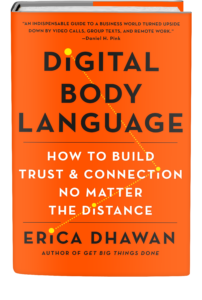During my first few days at Harvard Kennedy School, I’ve been meeting incredible people from all over the world who have held roles throughout the government, public, and private sector.
A highlight of orientation week was learning from others about innovations in various regions such as Latin America and East Africa and thinking about how I could translate them to other countries such as India. This sparked different ideas such as creating a portal of meaningful innovations from various countries and how organizations in other countries can learn from them across health, energy, agriculture, and water domains.
At the same time, I chatted with others over dinner about how we can tap into the social gaming phenomenon for social good, such as a Farmville that is actually doing good for farms across the world and appealing to the mass segment for gamers.
Just some new ideas to start off a great year at the Kennedy school…
